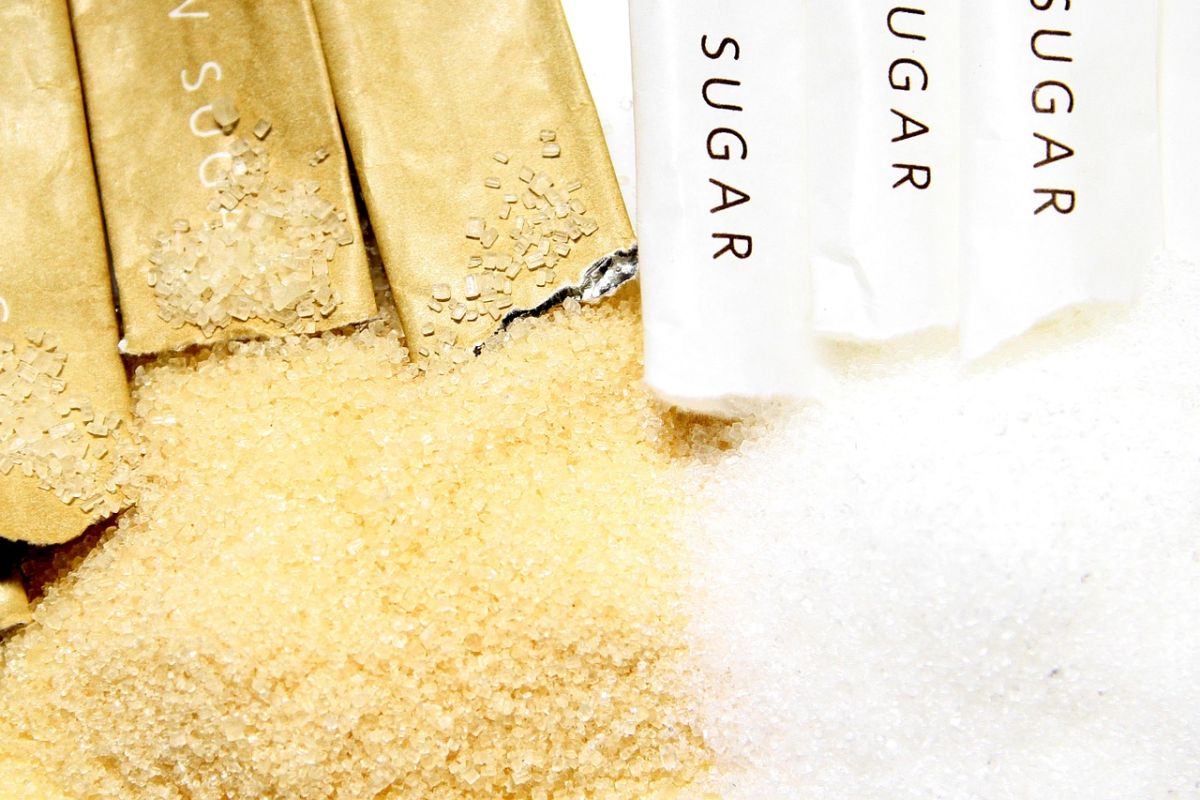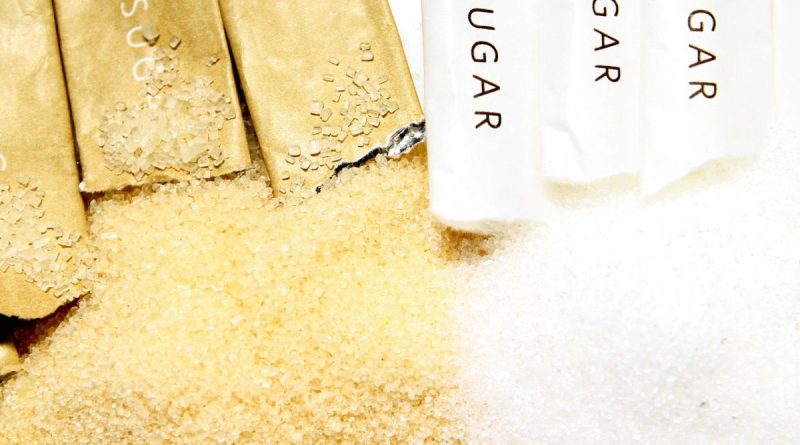Is brown sugar really healthier than white sugar? | The State

Unrefined brown sugar undergoes less processing to retain its molasses content.
Photo:
Tafilah Yusof / Pixabay
He brown sugar is a natural sweetener. Many people consider that not be refined, brown sugar tastes better and is healthier than white sugar. We will see what are the differences between both types of sugar and if one is healthier than the other,
Both types of sugar, brown and white can have the same origin but in the final part they are processed differently.
White sugar can be obtained from sugar cane or sugar beets. In hot climates, cane is chosen.
The sugar cane juice is extracted, purified and heated to form a concentrated brown syrup called molasses. Then the sugar crystals are separated from the molasses.
White sugar is processed to remove excess molasses and create smaller crystals.
Brown sugar can be in two ways:
- Unrefined brown sugar undergoes less processing to retain its molasses content, hence its brown color.
- The brown sugar obtained from mixing white (refined) sugar with honeys or molasses purified cane. The most of the brown sugar you can find in the grocery store is refined.
Brown sugar and white sugar, which is healthier?
Nutrients
The nutritional value is very similar between content of brown sugar and white sugar.
The sweetness makes the brown sugar slightly increase its nutritional value; contains calcium, iron and potassium. But according to Healthline magazine, the amounts of the minerals in brown sugar are negligible, so it is not a good source of vitamins or minerals.
Calories
One teaspoon (4 grams) of brown sugar provides 15 calories, while a teaspoon of white sugar has 16.3 calories. Although brown sugar contains slightly fewer calories than white sugar, the difference is very small.
Which sugar is better
Brown sugar, like white sugar, is a simple carbohydrate. They are both added sugars.
Although sugars are not harmful to the body in small amounts, our bodies do not need sugars to function properly. Added sugars provide additional calories and zero nutrients to food, according to the American Heart Association (AHA).
The nutritional differences between brown and white sugar are negligible. Its main differences are its taste and color. You can enjoy either of the two in a limited quantity of sugar to improve the taste of food and without affecting your health.
The AHA recommends limiting the amount of added sugars to no more than 100 calories per day (approximately 6 teaspoons) for women and no more than 150 calories per day for men (about 9 teaspoons).
Eat and drink too much added sugar favors obesity and is related to an increased risk of high blood pressure, high cholesterol, diabetes, and inflammation in the body.
It may interest you:
.



